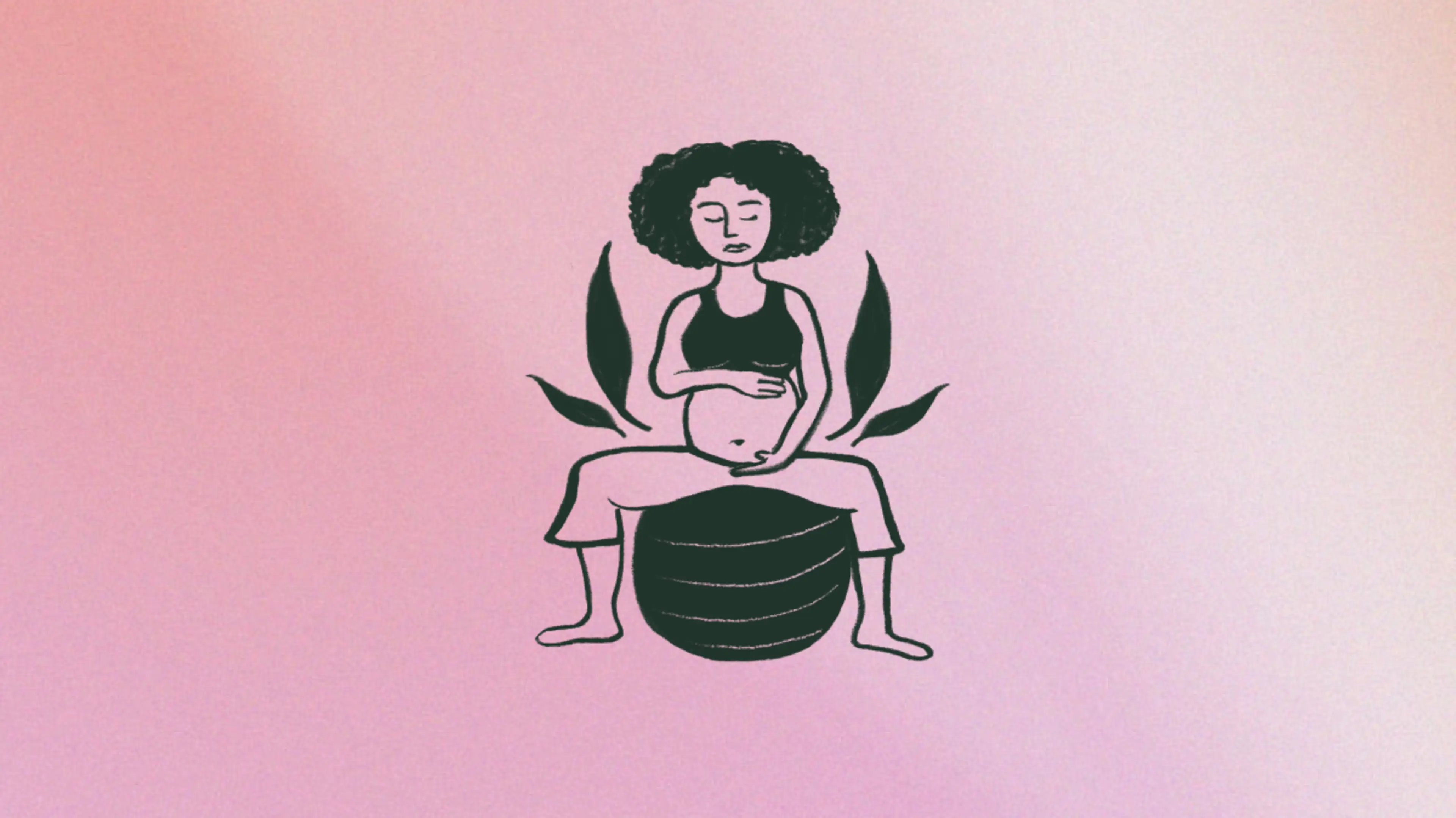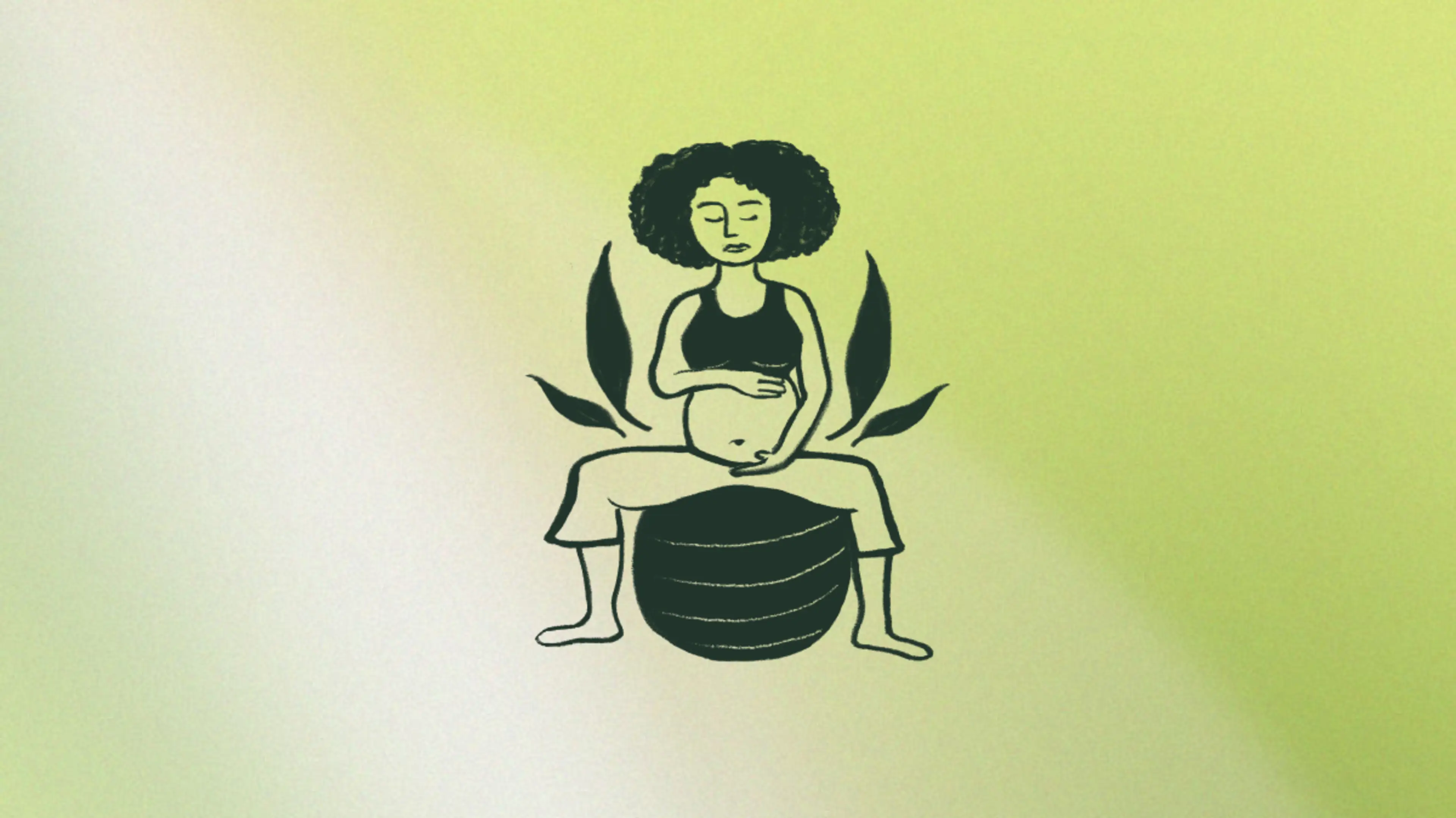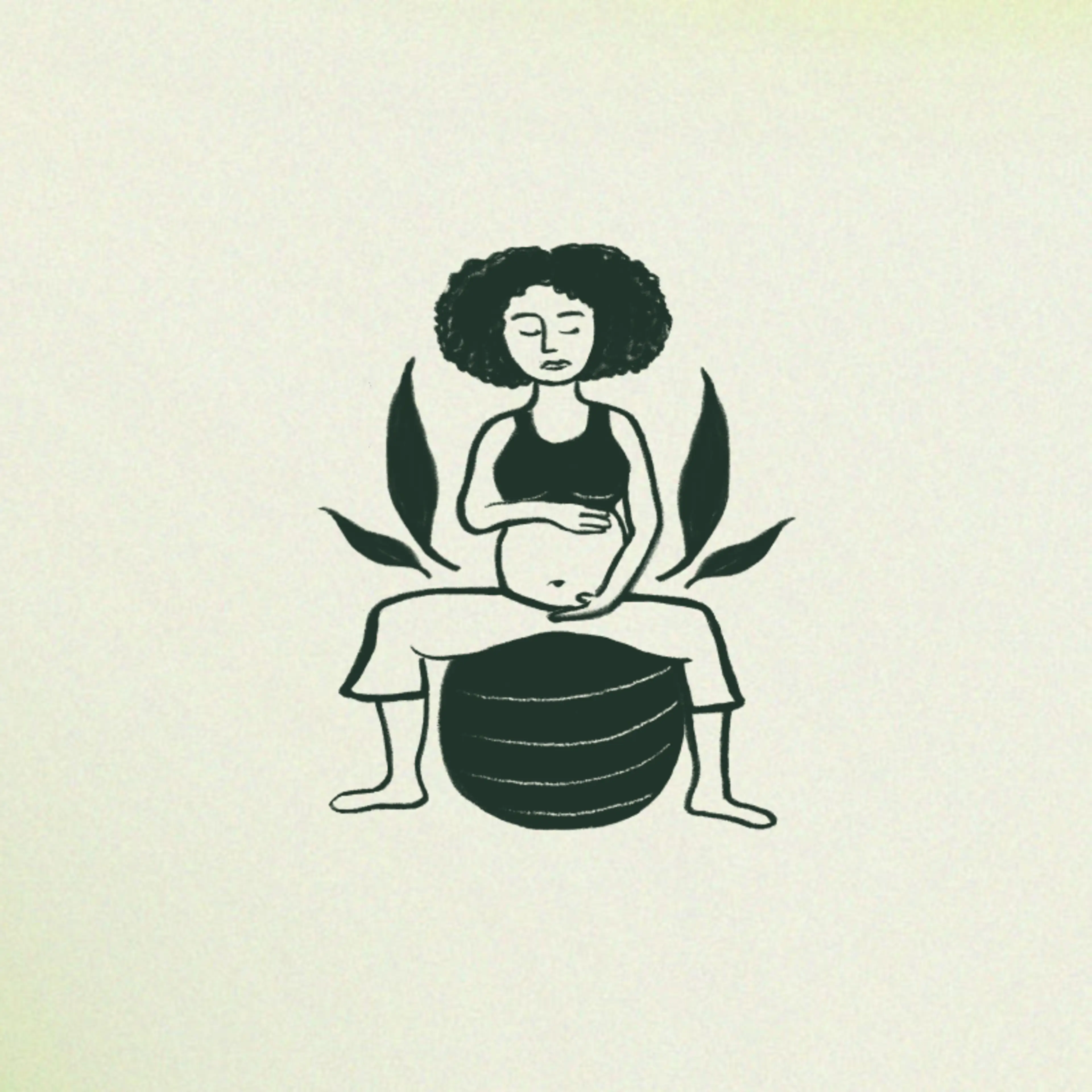You may have noticed swelling in your legs during pregnancy, and you may have managed it with compression socks. These socks help with circulation and blood flow in your legs. Think of them as a constant massage of the leg, with the goal of getting blood flow back to your heart, keeping the fluid in your body from pooling in your legs, and preventing deep vein thrombosis (DVT).
While wearing compression socks during pregnancy can help with swelling, they aren’t necessary during labor, and in fact, the optimal time to wear compression socks is actually after birth. You may notice swelling and fluid shifts in your body after delivery—compression socks can help with this, but your obstetrician will likely encourage you to also walk around, especially if you’ve had a C-section.
According to the American College of Obstetricians and Gynecologists, risk factors for developing deep vein thrombosis1 include having surgery, being pregnant, the four to six weeks after giving birth, and long periods of not moving (which you may experience if you’ve had a lengthy or complicated labor). DVT is life threatening, so taking your own preventative measures with compression socks may sound like a good idea.
You might also want to wear compression socks during labor because you’re cold, but they’re not your only option. There are a ton of cute socks specifically to be worn in labor—they’re usually very soft and have a grip texture on the bottom to keep you from slipping on slick hospital floors.
If you want to wear compression socks during labor, you should discuss it with your birth team to make sure you don’t have any medical conditions that may be of concern.







